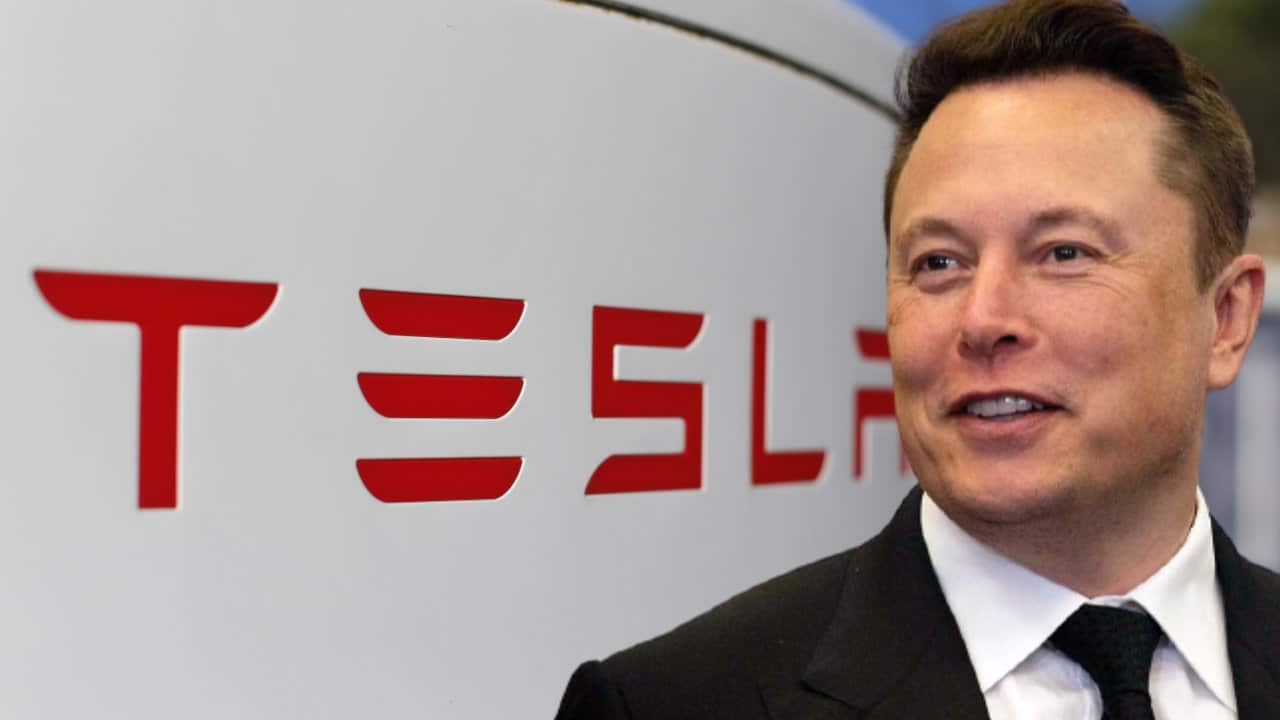Elon Musk has defeated a shareholder lawsuit alleging tweets claiming he had the “funding secured” to take Tesla private cost investors billions of dollars in losses.
The verdict was delivered on Friday in San Francisco federal court after a three-week trial, in a victory for the billionaire chief executive of the electric-vehicle maker. The nine-person jury took just under two hours to reach its decision, which was unanimous.
“The jury got it right,” Alex Spiro, a lawyer for Musk, said after the verdict.
Representing “thousands” of Tesla investors in the class action suit, lead attorney Nicholas Porritt had framed the case as an important test of rules and regulations for financial markets and society more broadly during closing arguments earlier on Friday in federal court.
“Rules that apply to everyone else should apply to Elon Musk,” Porritt said. “Elon Musk published false tweets, with reckless disregard to the truth, and those tweets caused investors harm. Lots of harm.”
He concluded: “All of corporate America is watching.”
Musk, who had taken the stand as a witness in the case, was in court during closing arguments. The case centered on his August 7, 2015, tweet declaring he was considering taking Tesla private at $420 a share and had funding secured to do so. It spun the shares, with Nasdaq temporarily halting trading in the electric vehicle company due to volatility.
During the trial, and again during the plaintiff’s closing argument on Friday, jurors were shown a chart detailing the leap in Tesla’s share price in the immediate aftermath of the contentious tweets. The stock jumped to $379.57 on the day of Musk’s tweet and later fell to $305.50 when it became clear the go-private move would not happen.
Elon Musk’s Tweet
While Musk had held discussions with Saudi Arabian investors to take the company private, no deal ever materialized. But Spiro said Musk had not misrepresented having funding and that raising the money needed was “not an issue”, since Musk’s shares in his company SpaceX could have been used to cover any shortfall.
Although Musk was serious about taking Tesla private and could have tapped enough funding to do so, the company did not go private because “shareholders wanted to stay public”, Spiro told the jury.
“That was his motive — to do what was right for the shareholders,” Spiro continued. “This was always for the shareholders.”
He added: “Ultimately, whatever you think of him, this isn’t the ‘bad tweeter’ trial. This is the ‘did this man commit fraud’ trial.”
Earlier in the trial, Spiro said the “funding secured” tweets were a “split-second decision” from Musk in response to an article the Financial Times was preparing to publish about Saudi Arabia’s Public Investment Fund building a $2bn stake in Tesla. Musk said he was concerned news of the go-private talks would leak.
Tesla Stock
The court has instructed jurors that it is to be assumed that Musk’s tweets were false. At issue was whether the actions caused material harm by misrepresenting the company’s position in a manner that might prompt a “reasonable investor” to buy or sell Tesla stock.
“When Elon tweets about Tesla, people listen,” Porritt said.
Jurors heard earlier in the trial from Glen Littleton, the lead plaintiff, that he interpreted the tweet to mean Tesla’s going private was “completely definite in my mind”.
Another investor, Tim Fries, bought Tesla stock at $380, believing the company would go private at $420, as Musk had suggested in his tweet. “I lost money,” Fries told the jury, saying Musk’s tweet “gave me the confidence” that his investment was sound.
Harvard Law School professor Guhan Subramanian, testifying on behalf of plaintiffs, described Musk’s handling of the matter as “incoherent” and an “extreme outlier” in corporate dealmaking.
The “funding secured” tweet has already proven costly for Musk. He and Tesla each paid $20mn to settle legal action from the Securities and Exchange Commission. Musk also had to resign as the carmaker’s chair, although he kept his position as chief executive.









